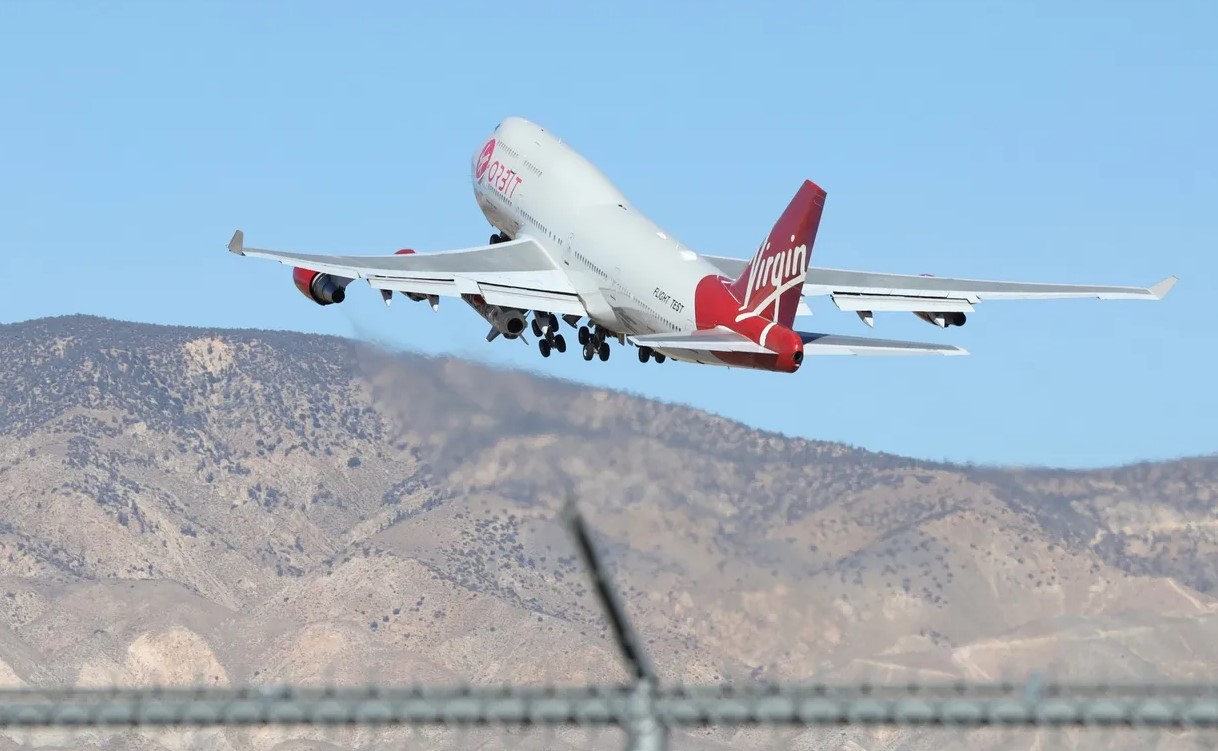
Today, on November 28, the first plane that will use only environmentally friendly fuel for a transatlantic flight will take off from London to New York. It is 88% fueled by waste oil and 12% by waste corn, according to the BBC and Reuters.
The flight across the Atlantic will take more than eight hours – the plane will depart from London at 13:30 Kyiv time and will not carry passengers. More than 50 tons of eco-friendly fuel will be used for a flight of this distance.
The flight, operated by a Virgin Boeing 787 aircraft powered by Rolls-Royce (RR.L) Trent 1000 engines, will be the first time a commercial airline will operate a long-haul flight on 100% SAF.
This follows the successful transatlantic flight of the Gulfstream G600 business jet, which flew last week on the same fuel.
The flight will be operated by Virgin Atlantic, an airline founded by British billionaire Richard Branson. Richard Branson, the billionaire founder of Virgin Atlantic, Shai Weiss, the airline’s CEO, and Mark Harper, the UK’s Transport Minister, will be on board.
The so-called clean aviation fuel (SAF) is made from various raw materials, including grain crops, household waste, and cooking oil. SAF is already used in jet engines as part of a mixture with traditional kerosene, but after successful ground tests, Virgin and its partners Rolls-Royce, Boeing and others received permission to fly using only SAF.
According to experts, aviation accounts for 2-3% of global carbon emissions. SAF fuel is the key to reducing these emissions, but it is expensive and not produced in sufficient quantities. European airlines have said they want to use 10% SAF by 2030, and the industry’s goal is to reduce carbon emissions to zero by 2050.
At the same time, the environmental advocacy group Stay Grounded called the flight a “diversionary maneuver.”
“Fuel substitutes are not even close to being scaled up in the timeframe needed to avoid climate collapse. The urgent need is to reduce the burning of fossil aviation fuels, which means reducing flights wherever possible,” said Magdalena Heuwieser, representing the network.
The aviation industry hopes that Virgin Atlantic’s flight will draw the attention of governments to the need to provide financial support to make SAF more affordable.

